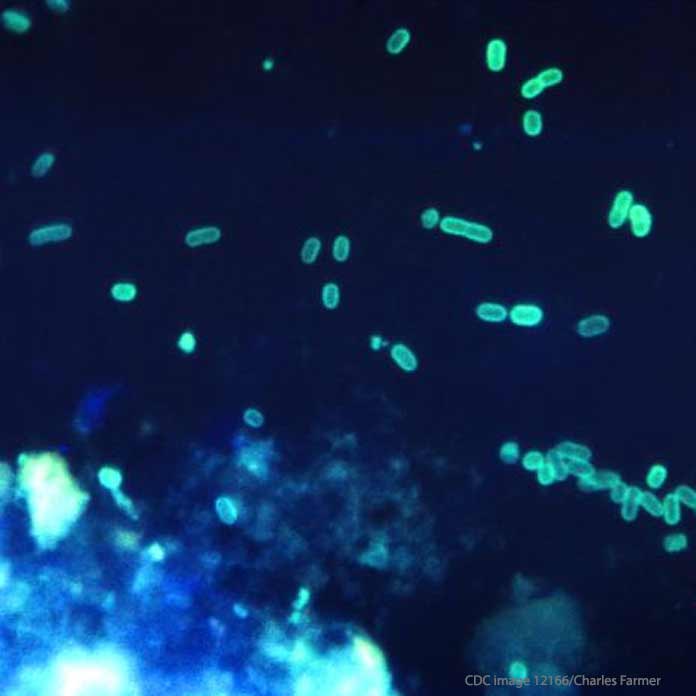Since the 1990s, it has been illegal to sell raw ground beef contaminated with one particular strain of bacteria, called E. coli O157:H7. In 2013, non-O157 strains of E. coli (O26, O45, O103, O111, O121, and O145) were included on the prohibited list by the government. Our experience, though, is that in some cases beef is not recalled until all of the affected products have been sold and eaten. We believe lawsuits against these processors are one way to deter this kind of behavior.

If the United States Department of Agriculture’s Food Safety Inspection Service (FSIS) finds an establishment’s product positive for E. coli, the inspector in charge at the supplying establishment ensures that inspection program personnel perform a HACCP procedure. This will verify that the supplier met the applicable regulatory requirements in the HACCP plan for the production lots sent to the establishment or retail facility where FSIS found the positive sample. In addition, FSIS may test the raw ground beef components and raw beef patty (hamburger) components at the supplying establishment.
If FSIS finds product positive for E. coli at the supplier, inspection program personnel, the District Office, and Recall Management Staff will work together to determine if a recall is necessary. FSIS generally will not request that a supplying establishment recall product unless FSIS finds the supplier’s product positive for E. coli or unless, through the HACCP 02 procedure, FSIS identifies other conditions that justify a recall.
As stated above, the recall process is often drawn out for such a long time that there is no product left in the market to recall. We have a hard time believing that this scheme is not intentional.
Beef Recalls and Outbreaks
- Meijer, Safeway, Sam’s Club, Target Ground Beef E. coli Recall
- Cargill Ground Beef E. coli O26 Outbreak
- Pubix Ground Chuck Linked to E. coli O26 Infections and HUS
- PT Farm
- Fairbank Farms
- Bologna
- Southshore Meats
- J.B. Meats
- JBS Swift
- McNees
- Rocky Mountain National Meats
- Safeway
- American Foods
- Blue Ribbon
